Copying all or parts of a program is as natural to a programmer as breathing, and as productive. It ought to be as free
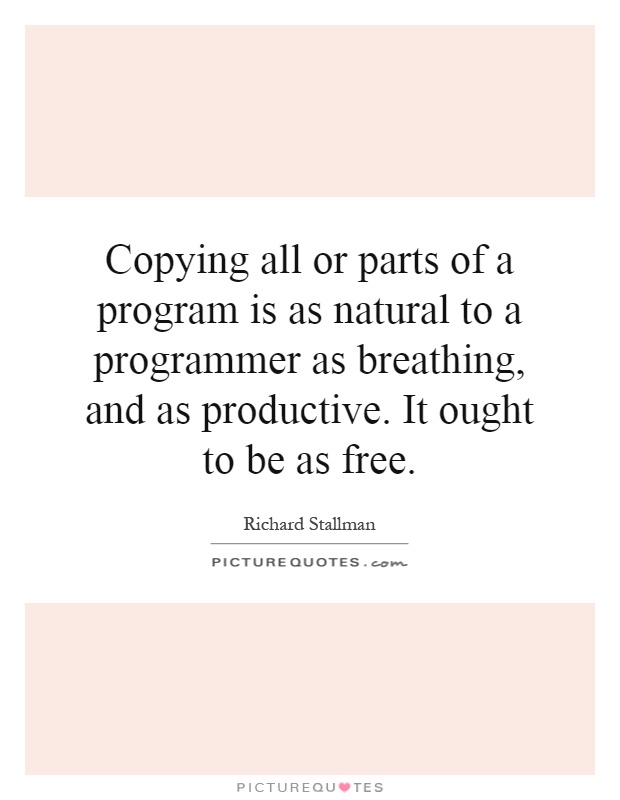
Copying all or parts of a program is as natural to a programmer as breathing, and as productive. It ought to be as free
Richard Stallman, a prominent figure in the world of computer programming and open-source software, is a strong advocate for the freedom to copy and modify software. He believes that copying all or parts of a program is as natural to a programmer as breathing, and as productive. Stallman argues that this freedom is essential for innovation and progress in the field of technology.Stallman is the founder of the Free Software Foundation, an organization dedicated to promoting the use of free software and protecting the rights of users to copy, modify, and distribute software. He is also the creator of the GNU operating system, which is based on the principles of free software.
Stallman's philosophy is rooted in the idea that software should be freely available to everyone, allowing users to study, modify, and improve upon it. He believes that restricting the ability to copy and modify software hinders innovation and limits the potential for collaboration among programmers.
In the context of Stallman's beliefs, copying all or parts of a program is not only natural but also essential for the advancement of technology. By allowing programmers to build upon existing code and share their work with others, the software industry can evolve and improve at a faster pace.
Stallman's advocacy for free software has had a significant impact on the industry, inspiring many programmers to embrace the principles of open-source development. His work has also sparked important discussions about the ethics and implications of software licensing and intellectual property rights.
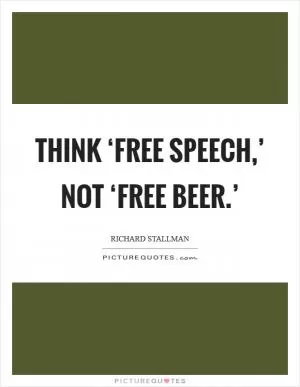

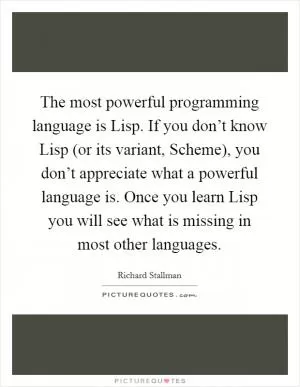

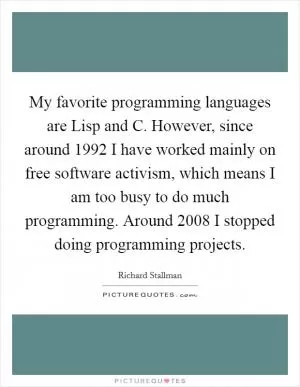
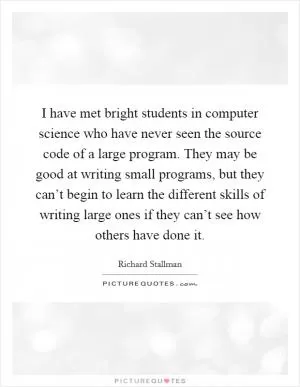
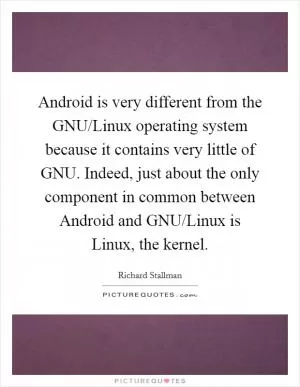
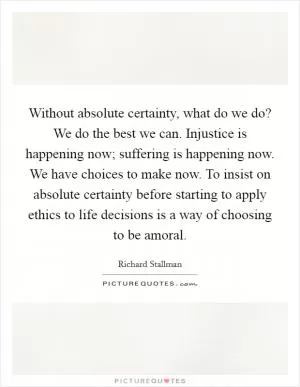
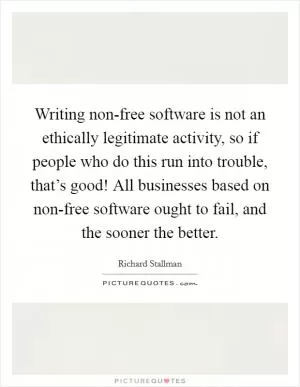

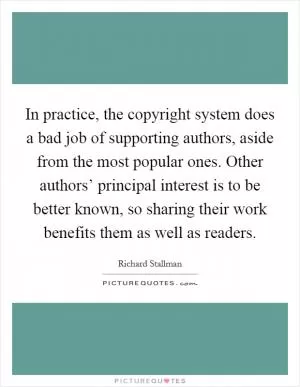

 Friendship Quotes
Friendship Quotes Love Quotes
Love Quotes Life Quotes
Life Quotes Funny Quotes
Funny Quotes Motivational Quotes
Motivational Quotes Inspirational Quotes
Inspirational Quotes